detail profile jafar panahi
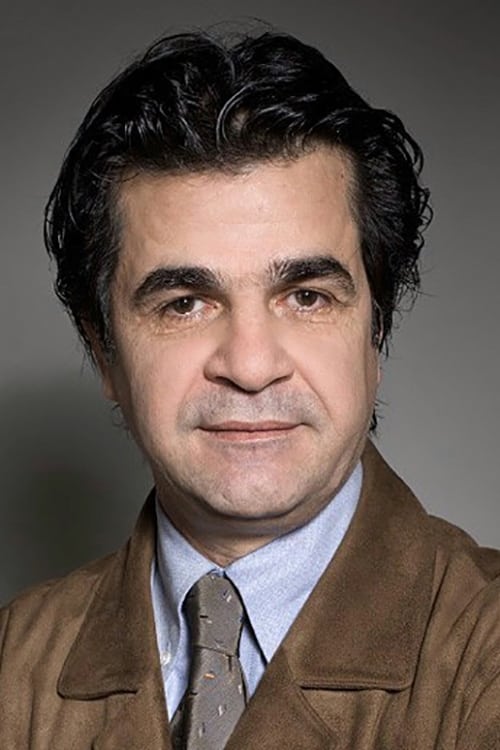
Jafar Panahi
Джафар Панахи
atau dikenal sebagai
Riwayat Hidup
Jafar Panahi is a representative of Iranian “New Wave.
” He is one of the leaders of contemporary Iranian cinema.
Panahi’s work, from his first attempts to discuss social issues to his later and braver discussions of taboo topics in Iran are a creative reflection on the nature of cinema and human society, and are imbued with humanity.
In 2010, the court in Iran sentenced Jafar Panahi to six years in prison.
In addition, according to the sentence, Panahi was banned from making films for 20 years, giving interviews to local and international media outlets, and leaving Iran.
Three Faces was his fourth film (after This Is Not a Film, Closed Curtain, and Taxi) shot after his arrest.
The director did not attend the premiere due to being banned from leaving Iran.
Panahi is a student of Abbas Kiarostami, whose influence is especially clear in Three Faces, reminiscent of such acclaimed masterpieces as The Wind Will Carry Us and Taste of Cherry.
Info Pribadi
Peran Yang Di Mainkan Jafar Panahi
 In Iran the retired dance teacher...
In Iran the retired dance teacher...The Witness 2025
In Iran, the retired dance teacher Tarlan witnesses her friend Rana's murder by her husband, who is an important government figure. When the police refuse to investigate, Tarlan must decide whether to bow to political pressure or risk her reputation and livelihood in pursuit of justice.
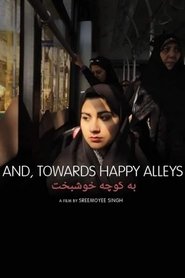 A passionate declaration of love for...
A passionate declaration of love for...And, Towards Happy Alleys 2023
A passionate declaration of love for the cinema and poetry of Iran, which also offers a frank view of the precarious situation for critics of the regime and shows the uncompromising daily struggle of Iranian women against their oppression.
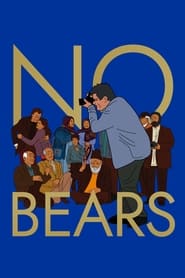 Iranian director Jafar Panahi who has...
Iranian director Jafar Panahi who has...No Bears 2022
Iranian director Jafar Panahi, who has been barred from leaving the country, arrives at a village on the Iran-Turkey border to supervise a film based on a real-life couple seeking passports to Europe being shot in Turkey, but both his stay and the production run into trouble.
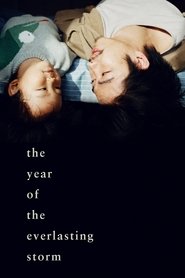 Featuring seven stories from seven auteurs...
Featuring seven stories from seven auteurs...The Year of the Everlasting Storm 2021
Featuring seven stories from seven auteurs from around the world, the film chronicles this unprecedented moment in time, and is a true love letter to the power of cinema and its storytellers.
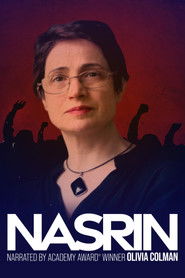 Secretly filmed in Iran for over...
Secretly filmed in Iran for over...Nasrin 2020
Secretly filmed in Iran for over two years, Nasrin is an immersive portrait of human rights activist and political prisoner Nasrin Sotoudeh and Iran’s remarkably resilient women’s rights movement. Nasrin has long fought for the rights of women, children, LGBT prisoners, religious minorities, journalists and artists, and those facing the death penalty. She was arrested in 2018 for representing women who protested Iran’s mandatory hijab law and sentenced to 38 years in prison, plus 148 lashes. Narrated by Academy Award-winning actress Olivia Colman and featuring acclaimed filmmaker Jafar Panahi, Nobel Peace Prize laureate Shirin Ebadi, journalist Ann Curry, exiled women’s rights activist Mansoureh Shojaee, and Nasrin Sotoudeh.
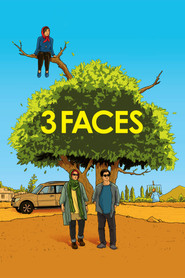 Filmmaker Jafar Panahi and actor Behnaz...
Filmmaker Jafar Panahi and actor Behnaz...3 Faces 2018
Filmmaker Jafar Panahi and actor Behnaz Jafari travel to a tiny village after receiving a plea for help from a girl whose family has forbidden her from studying acting. Amusing encounters abound, but they soon discover that the local hospitality is rivaled by the desire to protect old traditions.
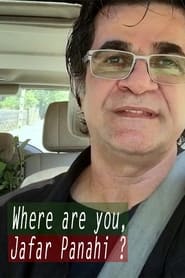 Jafar Panahi and fellow Iranian director...
Jafar Panahi and fellow Iranian director...Where Are You, Jafar Panahi? 2016
Jafar Panahi and fellow Iranian director Majid Barzegar take a 20-minute drive to Kiarostami’s grave, during which time “the two friends speak appropriately of cinema, but also censorship and festivals, police power and ideology.”
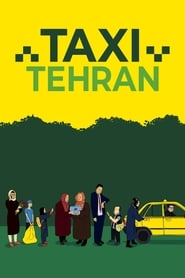 A yellow cab is driving through...
A yellow cab is driving through...Taxi 2015
A yellow cab is driving through the vibrant and colourful streets of Tehran. Very diverse passengers enter the taxi, each candidly expressing their views while being interviewed by the driver who is no one else but the director Jafar Panahi himself. His camera placed on the dashboard of his mobile film studio captures the spirit of Iranian society through this comedic and dramatic drive…
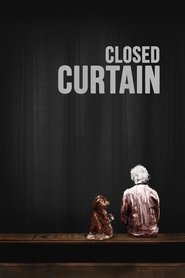 In a secluded house by the...
In a secluded house by the...Closed Curtain 2013
In a secluded house by the sea with the curtains shut, a screenwriter hides from the world with only his dog as company. The tranquility is abruptly broken one night by the arrival of a young woman fleeing from the authorities. Refusing to leave, she takes refuge in the house. But come dawn, another unexpected presence will change everything.
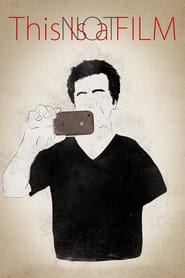 Renowned Iranian director Jafar Panahi received...
Renowned Iranian director Jafar Panahi received...This Is Not a Film 2011
Renowned Iranian director Jafar Panahi received a 6-year prison sentence and a 20-year ban from filmmaking and conducting interviews with foreign press due to his open support for the opposition party in Iran's 2009 election. In this film, which was shot secretly by Panahi's close friend Mojtaba Mirtahmasb and smuggled into France on a USB stick concealed inside a cake for a last-minute submission to Cannes, Panahi documents his daily life under house arrest as he awaits a decision on his appeal.
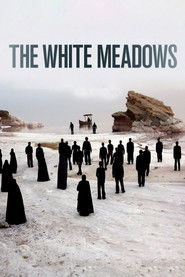 Rahmat travels to a host of...
Rahmat travels to a host of...The White Meadows 2009
Rahmat travels to a host of islands in a vast salt pan in order to collect the inhabitant's tears for an unknown purpose. He is joined on his mysterious journey by a young boy searching for his father. As their travel nears its end, a potent critique of the Iran's political leadership emerges.
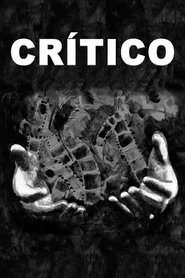 Seventy critics and filmmakers discuss cinema...
Seventy critics and filmmakers discuss cinema...Critic 2008
Seventy critics and filmmakers discuss cinema around the conflict between the artist and the observer, the creator and the critic. Between 1998 and 2007, Kléber Mendonça Filho recorded testimonies about this relationship in Brazil, the United States and Europe, based on his experience as a critic.
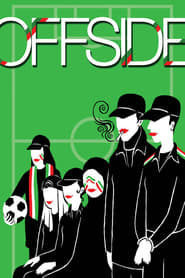 During the 2006 World Cup qualifying match...
During the 2006 World Cup qualifying match...Offside 2006
During the 2006 World Cup qualifying match between Iran and Bahrain, numerous young women are caught and rounded up for dressing as men so they could gain access to the game. Guarded by several soldiers in a holding pen, the women attempt to keep updated on the score.
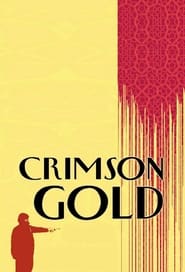 Pizza man Hussein is a daily...
Pizza man Hussein is a daily...Crimson Gold 2003
Pizza man Hussein is a daily witnesses to the unjust distribution of wealth in his native Iran. One day, he finds a purse filled with shockingly expensive receipts from an upscale jewelry store. He attempts to bring the purse back to the store, but because of his working-class attire, he's not allowed inside. Then, during a delivery, a rich man invites Hussein into his extravagant mansion – an event that spurs Hussein to make a desperate bid for wealth.
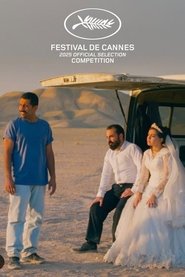 What begins as a minor accident...
What begins as a minor accident...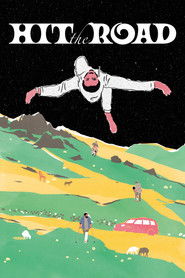 A chaotic family is on a...
A chaotic family is on a...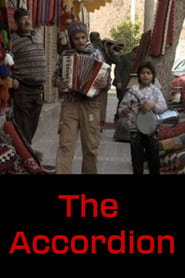 A couple of children earn their...
A couple of children earn their...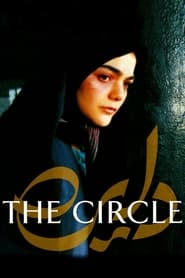 Various women struggle to function in...
Various women struggle to function in... Several people try to take advantage...
Several people try to take advantage...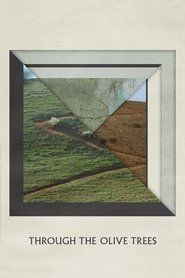 Complications arise in a directors attempt...
Complications arise in a directors attempt...